Optical glass is a specialized type used in optical products, including binoculars, glasses, telescopes, and other similar items. This glass must be treated carefully to guarantee that it is free of impurities and created under suitable conditions. Its formulation is quite accurate so that its qualities are known. It takes a lot of labor to make high-quality optical glass because parts must be done by hand, especially when creating unique items. Read More…
S & S Optical has been leaders as glass fabricators in a variety of industries and markets for over 50 years. We offer a variety of different glasses to fit all of your needs. Also, we have a multitude of capabilities and services to offer-polishing, grinding, edging and more. To learn how we can fabricate your parts contact us today for a quote. We care about customers and quality service.

Established in 1947, we have been providing glass cutting using very precise tolerances in order to ensure that our products are among the best. Our skilled designers and technicians are available around the clock in order to work with you from design to delivery to ensure that you are receiving a product that will fit your needs perfectly! For more information on what we may be able to do for...

Founded in 1990, Technical Glass Products is a fabricator of Fused Quartz Glassware. We maintain a broad inventory of labware, flat stock, rod and tubes in addition to providing custom fabrication using state of the art equipment to suit your needs.

Glass cutting is a varied industry, and we have done it all for the past 50 years. We believe in manufacturing high quality glass products that will exceed customer expectations every time.

More Optical Glass Manufacturers
Therefore, it may be rather expensive. High transmission, little dispersion, and uniform refraction indices are characteristics of optical glass. These characteristics result from optical glass's continuous melting process and subsequent finishing techniques.

Optical Glass Characteristics
Chemical Characteristics
Optical glass may contain various chemicals, including boric oxide, lead, zinc oxide, fluorite, and barium oxide, to improve its capacity to transmit light at specific wavelengths. Various wavelengths of light, both visible and invisible, can be absorbed, propagated, or refracted to provide the desired optical effect for a particular application depending on the chemical makeup of the glass.
Mechanical Characteristics
Optical glass is prized for its transparency, purity, and durability compared to other glass varieties. Optical glass is produced to have a density of up to 6.19 g/cm3, which is very dense. Because lead is a component of flint glass, it is typically denser than crown glass.
Weather Resistance
Weather resistance refers to the degree of a material's ability to endure pressures such as deformation, discoloration, and degradation, when exposed to sunshine, ultraviolet rays, and rain over an extended time. Depending on the application and operating environment, many testing techniques are available. For example, since glass is an inorganic substance, it often demonstrates more weather resistance than organic substances like resins.
Optical Characteristics
The Abbe number and the index of refraction are the optical characteristics of optical glass that stand out the most.
- Index of Refraction: Because materials having a higher index of refraction bend light more, materials with a lower index of refraction allow light to pass through more quickly than materials with a higher index. Due to their opposing features, flint glasses and crown glasses are frequently employed together in applications. Flint glasses have a high index of refraction, while crown glasses typically have a low index of refraction.
- Abbe Number: The Abbe number measures how much dispersion is within a specific spectral region. For instance, a high Abbe number minimizes color aberration, while a low Abbe number increases color dispersion. Abbe numbers for optical glass range from 24 to 64.
Types of Optical Glass
Flint glass and crown glass are the two most popular varieties of optical glass. Lead makes flint glass, while more potassium oxide is included in the crown glass. Convex lenses are typically made of crown glass, while concave lenses are from flint glass.
Flint Glass
Lead or potassium is combined with silicon dioxide (SiO2) to create flint glass. Compared to other types of glass, it produces materials with a comparatively high refractive index and light dispersion power. According to arbitrary standards, flint glasses have an Abbe number of 50 to 55 or below. Refractive indices for flint glasses range from 1.45 to 2.00. This glass mixture is distinguished by its brilliance and luminosity as a result. Due to this characteristic, flint glass is particularly sought-after for creating prisms, lenses, and optical devices.

It is also used for telescope lenses since it absorbs most ultraviolet radiation but relatively little visible light. To create lenses adjusted for chromatic aberration, flint glass and crown glass, two complementing glass forms, are fused. As a result, flint glass may be manufactured to have a light-dispersive power that is twice as high as that of crown glass. Flint glass, as used in the container glass business, is any clear glass without any coloring.

Crown Glass
Crown glasses are optical devices with an Abbe number greater than 50 to 55; there is some debate on the upper limit. Low refractive index and weak chromatic dispersion are both suggested by high Abbe numbers, albeit they are not always lower than for flint glasses. The phrase "crown glass" does not suggest a specific chemical makeup.
Compared to flint glasses, crown glasses may have lower concentrations of heavy metals like lead, zinc, or barium, and a higher concentration of alkali metals like sodium and potassium. They are frequently soda-lime or phosphate glasses (silicate glasses). They are relatively light in mass. Compared to flint glasses, crown glasses have a greater band gap energy, which results in a UV absorption edge with a shorter wavelength. As a result, their losses from parasitic absorption and dispersion may be minimal.

Applications of Optical Glass
- Satellites, laser vision, and astronomy: Optical glass is frequently utilized in satellite, astronomical, and high-power laser applications. It has extremely high homogeneity and very little internal variation in the refractive index.
- Smartphones, microscopes, and cameras: In fields ranging from smartphones to digital cameras, the demand for small, potent, and custom-shaped lenses is always rising. These applications include the usage of optical glass.
- Machine vision: Machine vision systems demand optical glass materials with tight tolerance, high refractive index, high image resolution, and great contrast.
The Benefits of Optical Glass
- Optical glass has a high light transmission rate of up to 92% light transmission. Lens transmittance can reach 99.2% if coated with one or more magnesium fluoride anti reflective coatings.
- Optical glass protects the eyes from UV absorption-related damage.
- Optical glass offers resistance to corrosive chemicals such as acid, alkali, and other chemicals.
- Optical glass gives a precise refractive index of 1.523, a refractive index that is steady, accurate, and processed.
Selecting the Proper Optical Glass Manufacturer
To ensure you have the most positive outcome when purchasing optical glass from an optical glass manufacturer, it is important to compare several companies using our directory of optical glass manufacturers. Each optical glass manufacturer has a business profile page highlighting their areas of experience and capabilities, along with a contact form to directly communicate with the manufacturer for more information or request a quote. Review each optical glass business website using our proprietary website previewer to quickly learn what each company specializes in. Then, use our simple RFQ form to contact multiple companies with the same form.





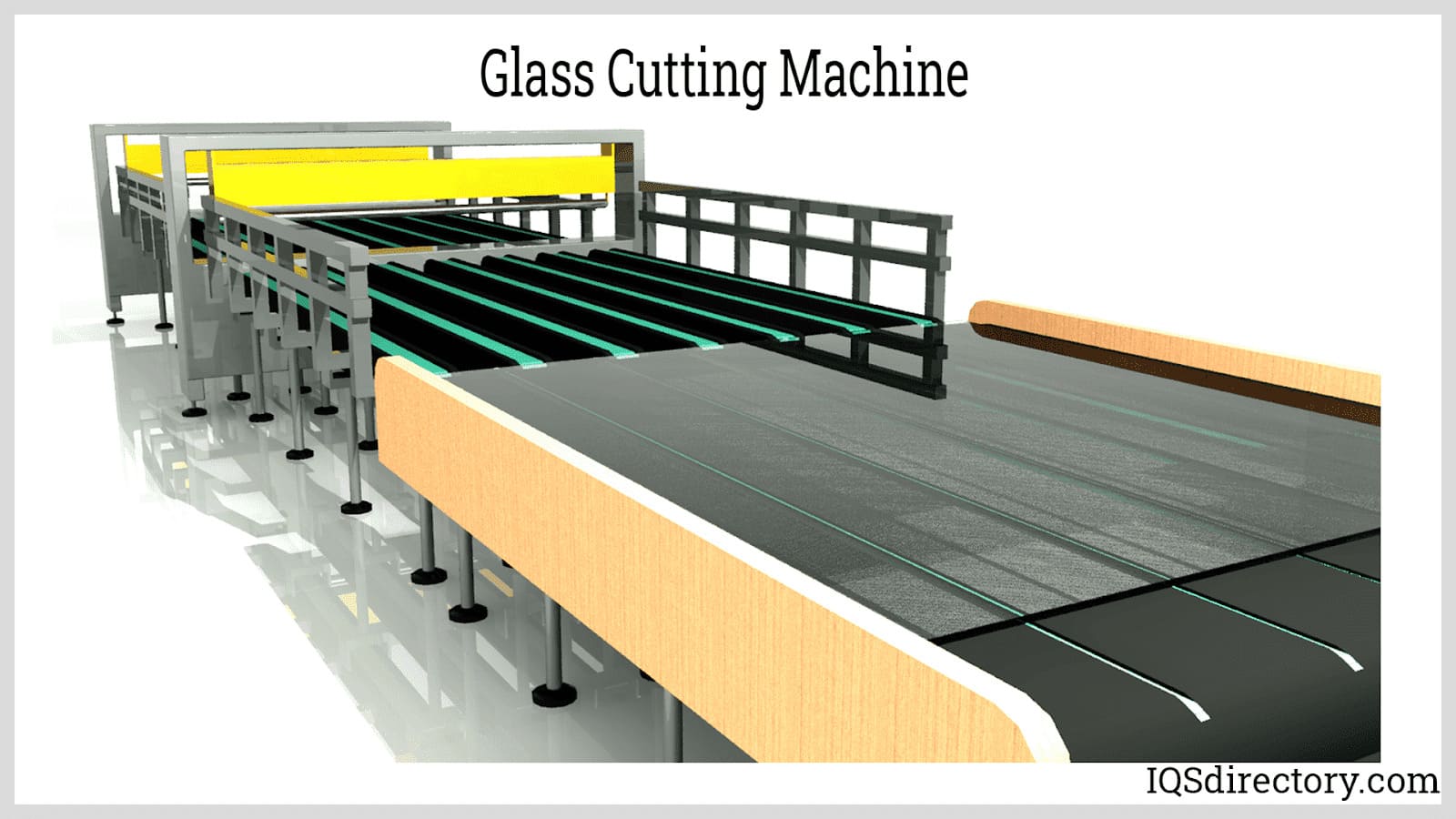
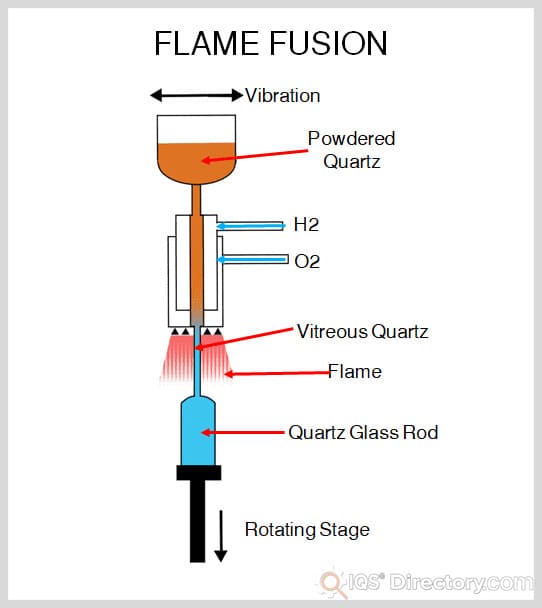
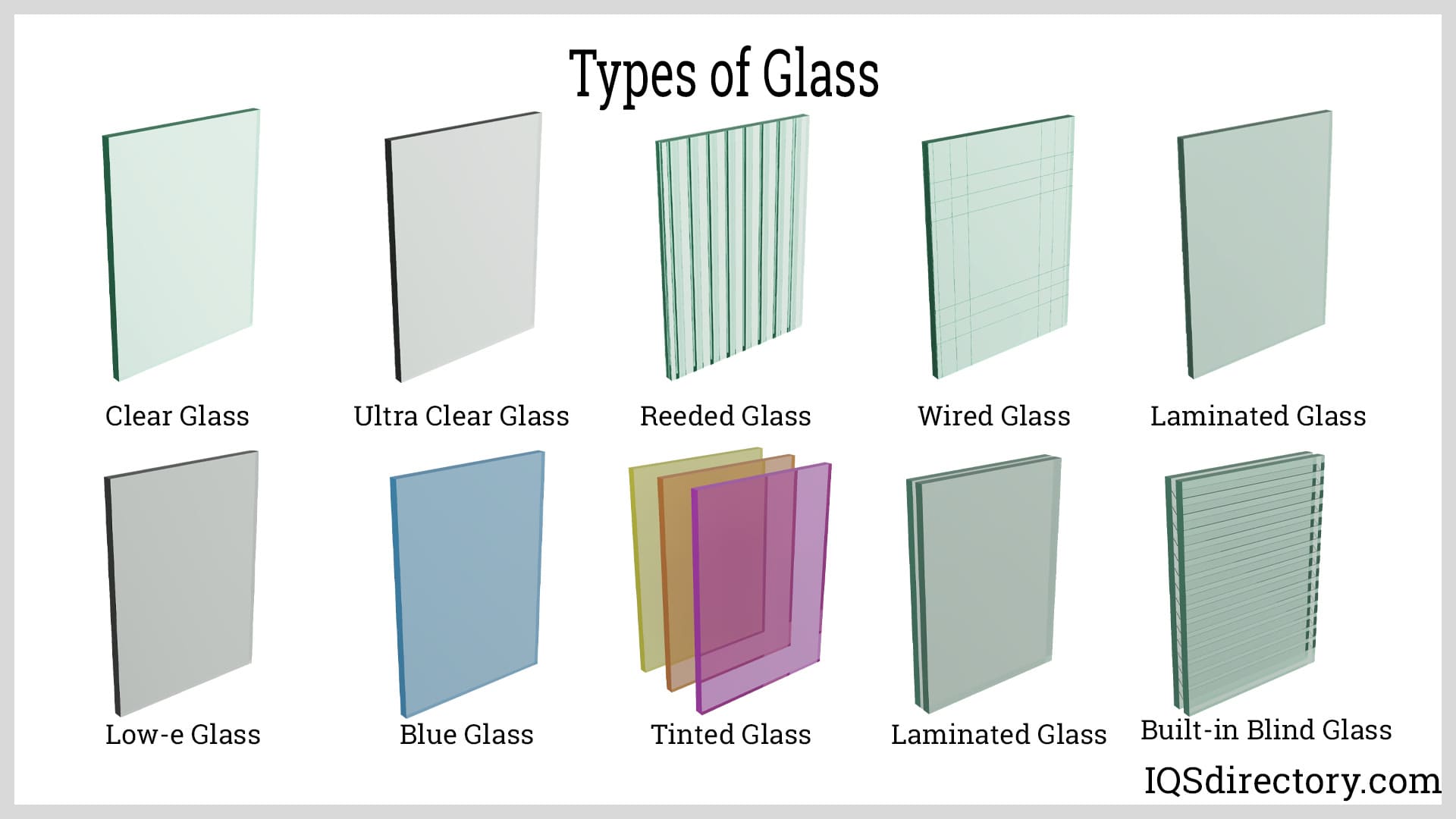
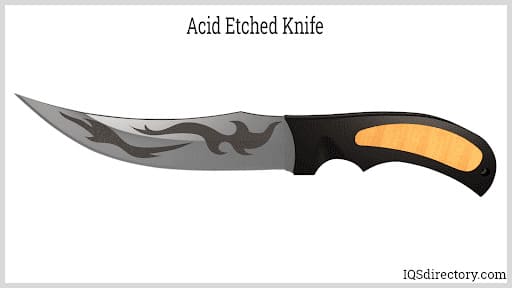
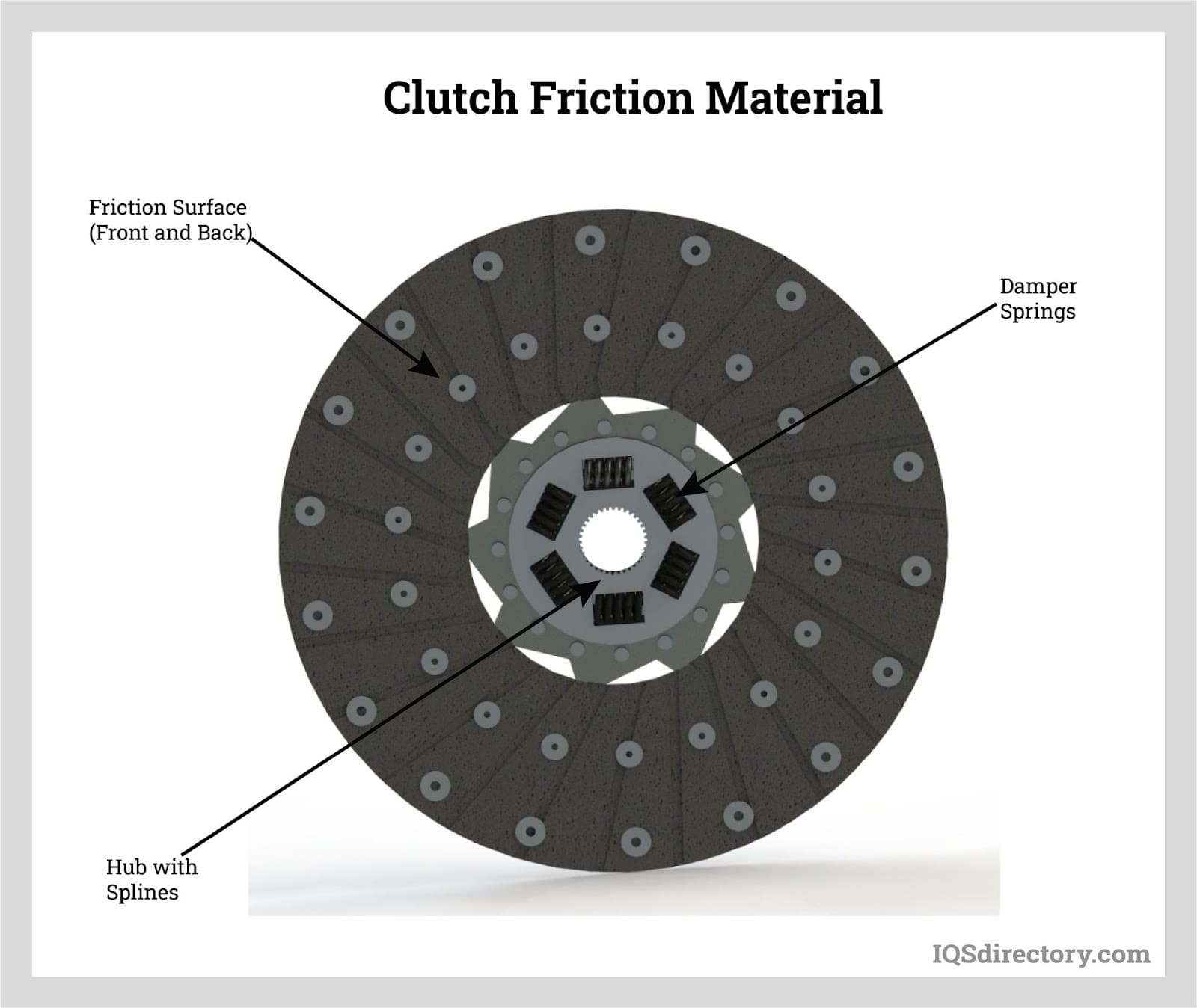
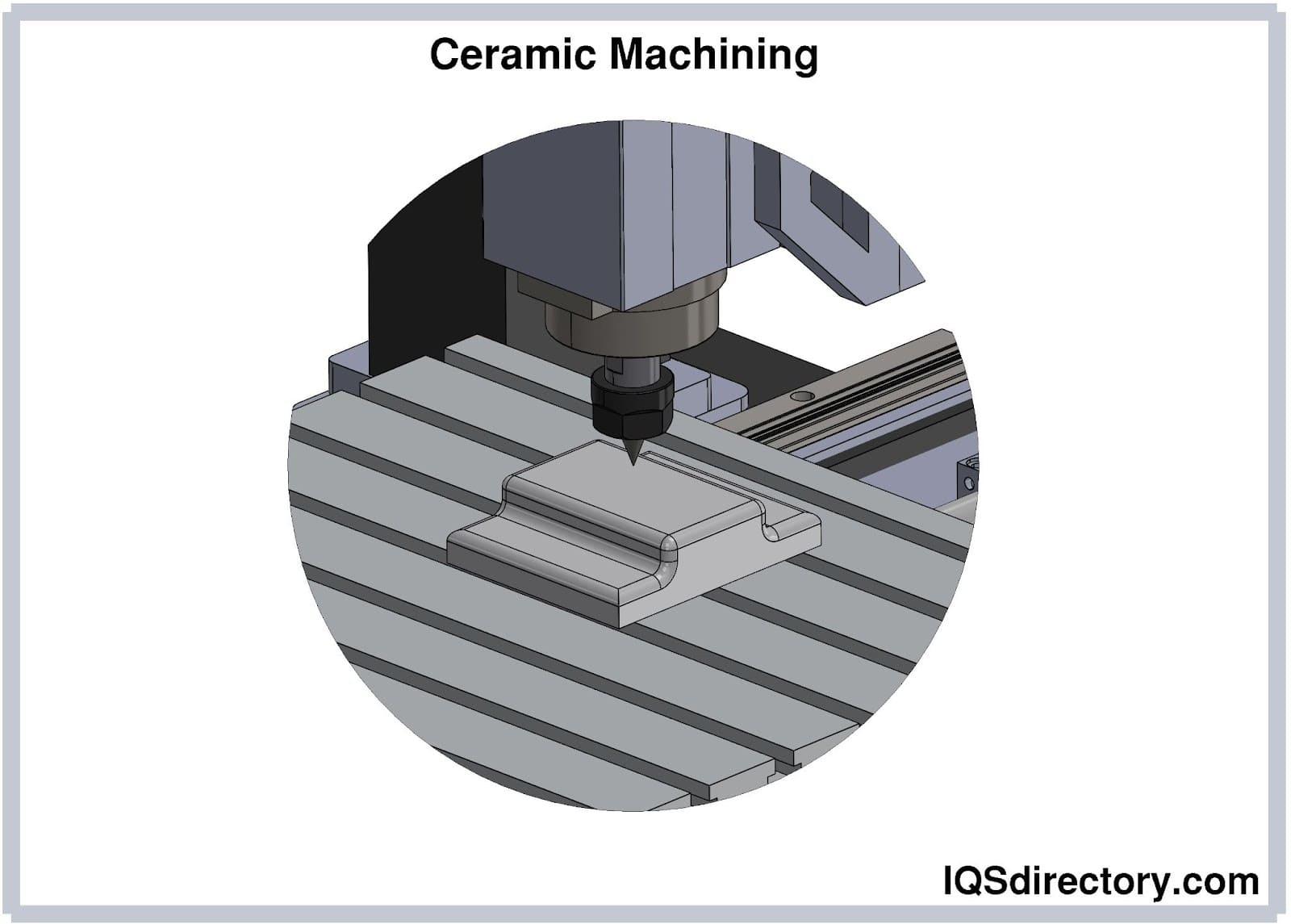
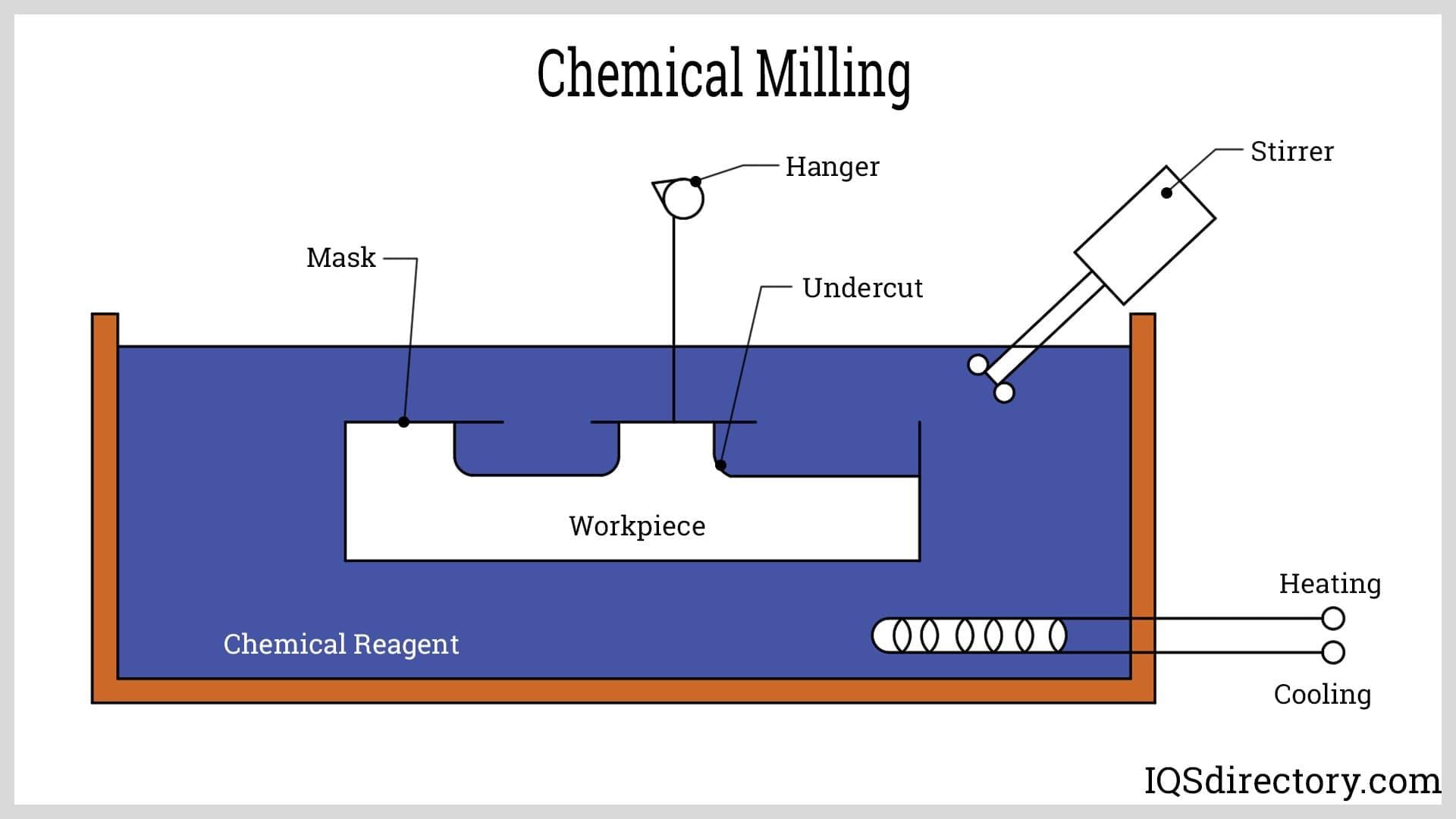
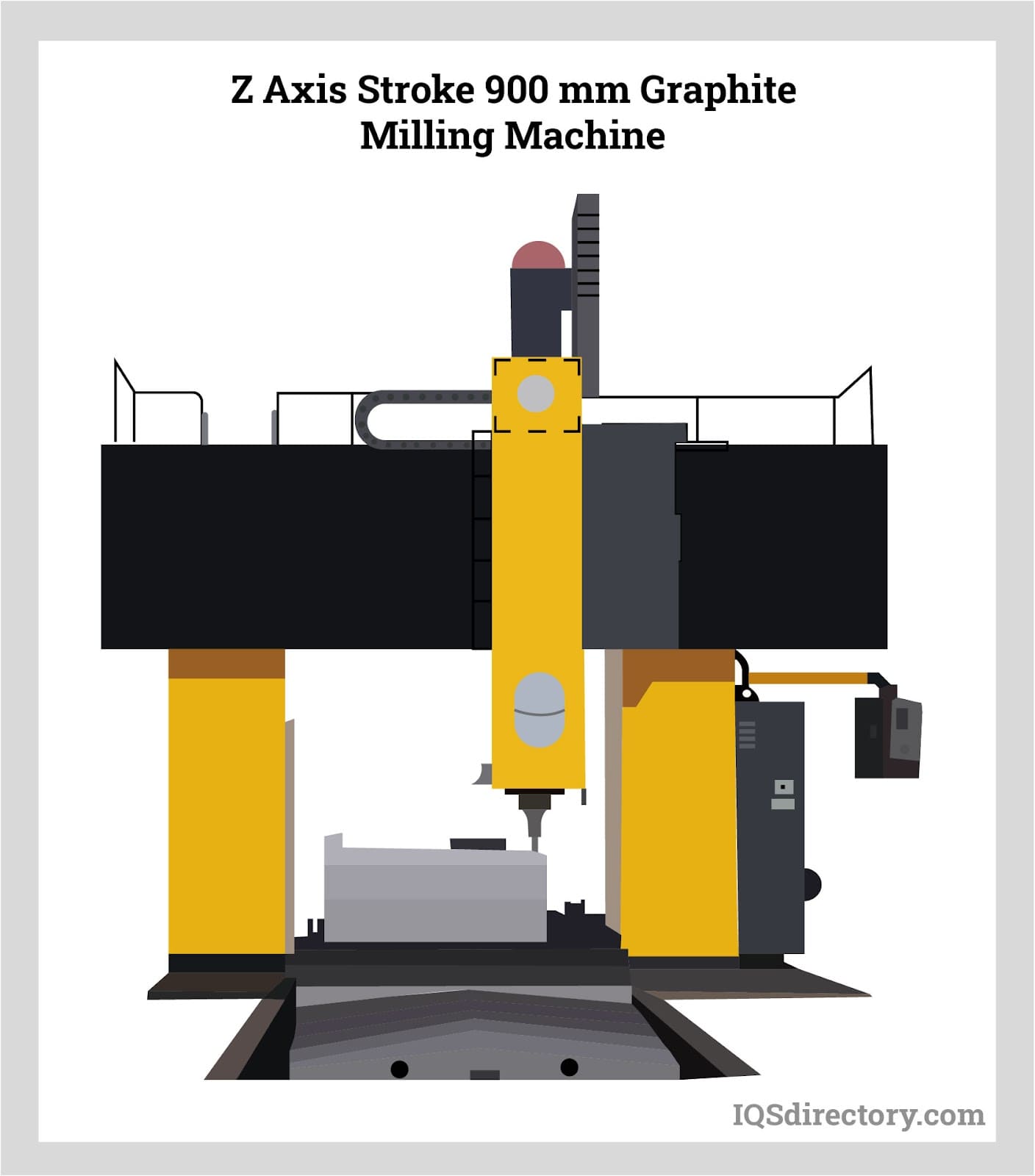
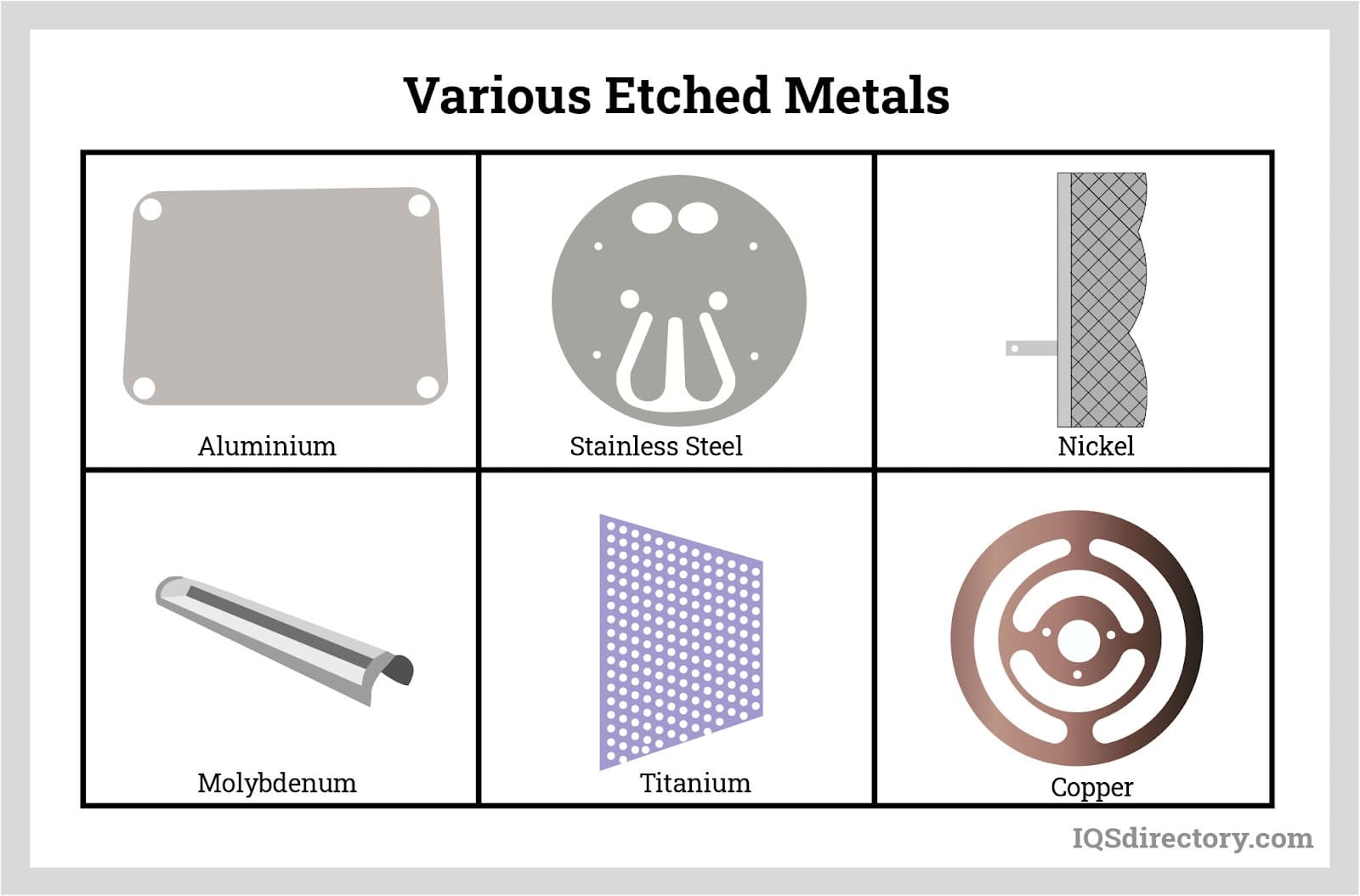
 Adhesives
Adhesives Alumina Ceramic
Alumina Ceramic Ceramic
Ceramic Glass
Glass Graphite
Graphite Lubricants
Lubricants Castings & Forgings
Castings & Forgings Bulk Material Handling
Bulk Material Handling Electrical & Electronic Components
Electrical & Electronic Components Flow Instrumentation
Flow Instrumentation Hardware
Hardware Material Handling Equipment
Material Handling Equipment Metal Cutting Services
Metal Cutting Services Metal Forming Services
Metal Forming Services Metal Suppliers
Metal Suppliers Motion Control Products
Motion Control Products Plant & Facility Equipment
Plant & Facility Equipment Plant & Facility Supplies
Plant & Facility Supplies Plastic Molding Processes
Plastic Molding Processes Pumps & Valves
Pumps & Valves Recycling Equipment
Recycling Equipment Rubber Products & Services
Rubber Products & Services